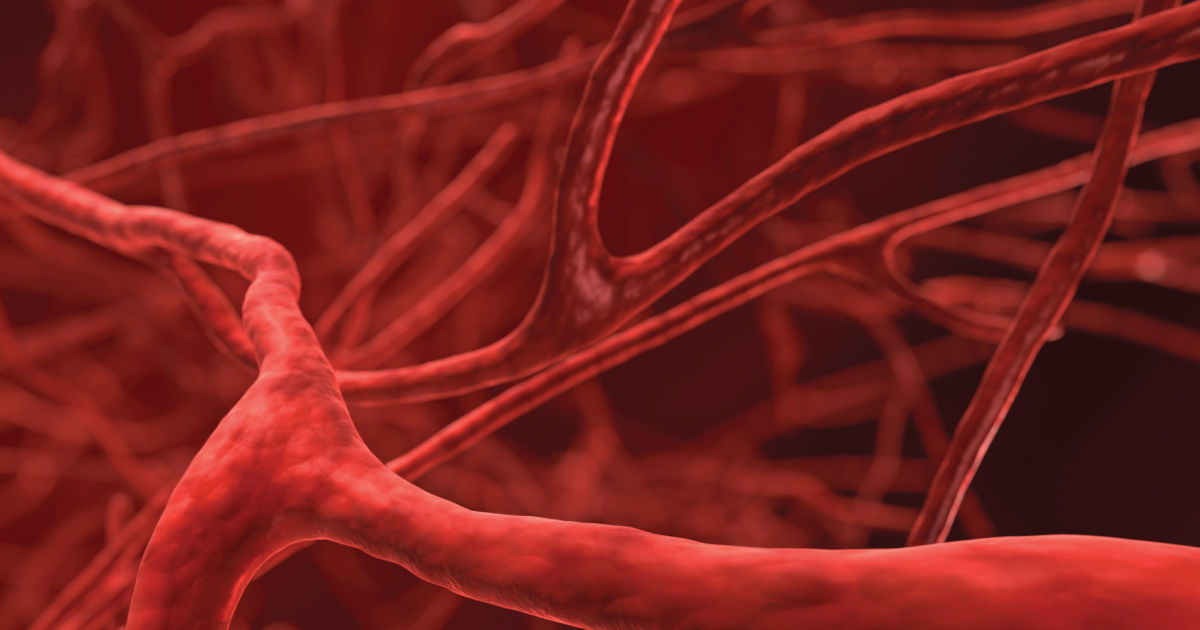Common Causes Of Pulsatile Tinnitus
Arteriovenous Malformation

An arteriovenous malformation is a defect of the blood vessels that is usually present at birth. The defect causes an abnormal connection between the veins and arteries that may produce a variety of symptoms. Arteriovenous malformations can form anywhere in the body, including the brain, spinal cord, limbs, and chest. Patients who have a malformation of the blood vessels in the brain could experience headaches, tinnitus, seizures, confusion, and weakness or numbness along one side of the body. To diagnose a malformation, doctors will perform a physical examination, including a complete neurological exam. The patient will have their vision and hearing tested, and the physician will also examine the patient's strength, sensation, gait, and coordination. CT scans and MRI scans are needed to confirm the presence of an arteriovenous malformation. Patients may be provided with pain medications, and they may also need to take anticonvulsants. Surgical interventions, including conventional surgery, radiosurgery, and endovascular embolization may be appropriate for repair or removal of the malformation.
Uncover more on what can result in pulsatile tinnitus now.